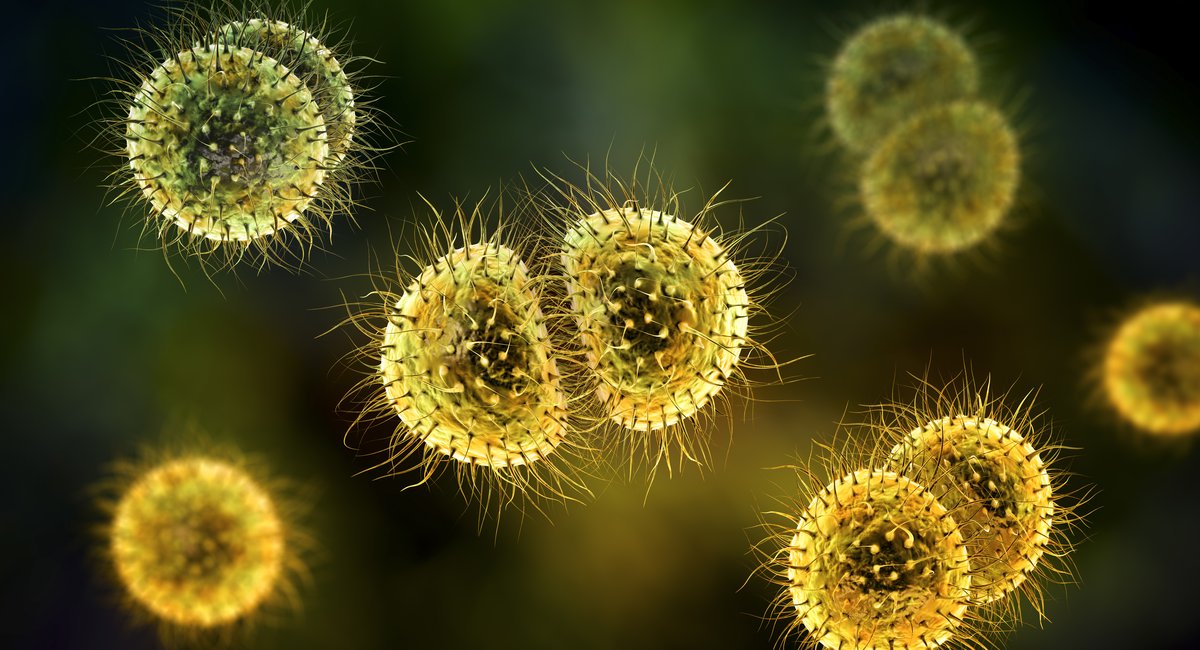Doctors should keep an eye out for patients with symptoms of bacterial meningitis, a rare but serious disease that is on the rise, the city health department said in a notice Monday.
Invasive meningococcal disease, a bacterial infection that causes meningitis and other conditions, became far less common in the U.S. over the past two decades — but cases have started to tick back up both nationally and in the five boroughs since 2021.
There were 143 cases of invasive meningococcal disease nationally through March 25 of this year, up from 81 in the same period last year, according to a recent alert from the U.S. Centers for Disease Control and Prevention.
In New York City, annual case counts have crept up over the past three years, from 15 in 2021 to 28 last year, with a mortality rate of about 7% during that period. So far this year, there have been 11 cases in the five boroughs, including one death, the city health department said.
Symptoms of meningitis can escalate quickly. They may include fever, headache, stiff neck, nausea and vomiting, according to the CDC. But with the most recent spate of infections, most patients have presented with symptoms of other conditions, such as sepsis or septic arthritis, the CDC said. These conditions can also be caused by the same type of bacterial infection as meningitis.
Doctors are being advised by the health department to administer antibiotics if they suspect someone has the disease, rather than waiting for test results.
The city and CDC are specifically warning about an uptick in cases of bacterial meningitis, rather than the much more common and less-deadly viral meningitis. Bacterial meningitis is caused by the Neisseria meningitidis bacteria, which can live in the back of the nose or throat — sometimes without causing symptoms — and can be spread via saliva through coughing or kissing, according to the CDC.
There is a vaccine that protects against meningococcal disease, and the CDC recommends that most children get the shot at 11 or 12, with a booster at age 16. It’s also recommended for adults with HIV, who are at higher risk.





